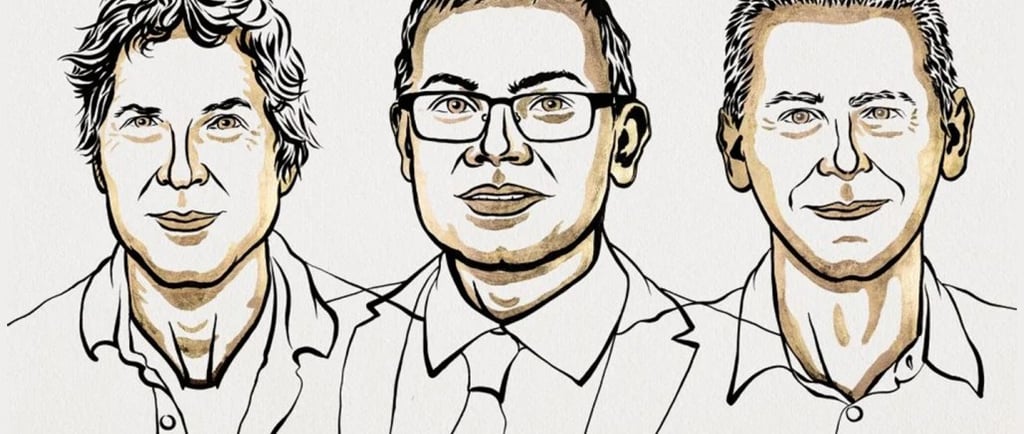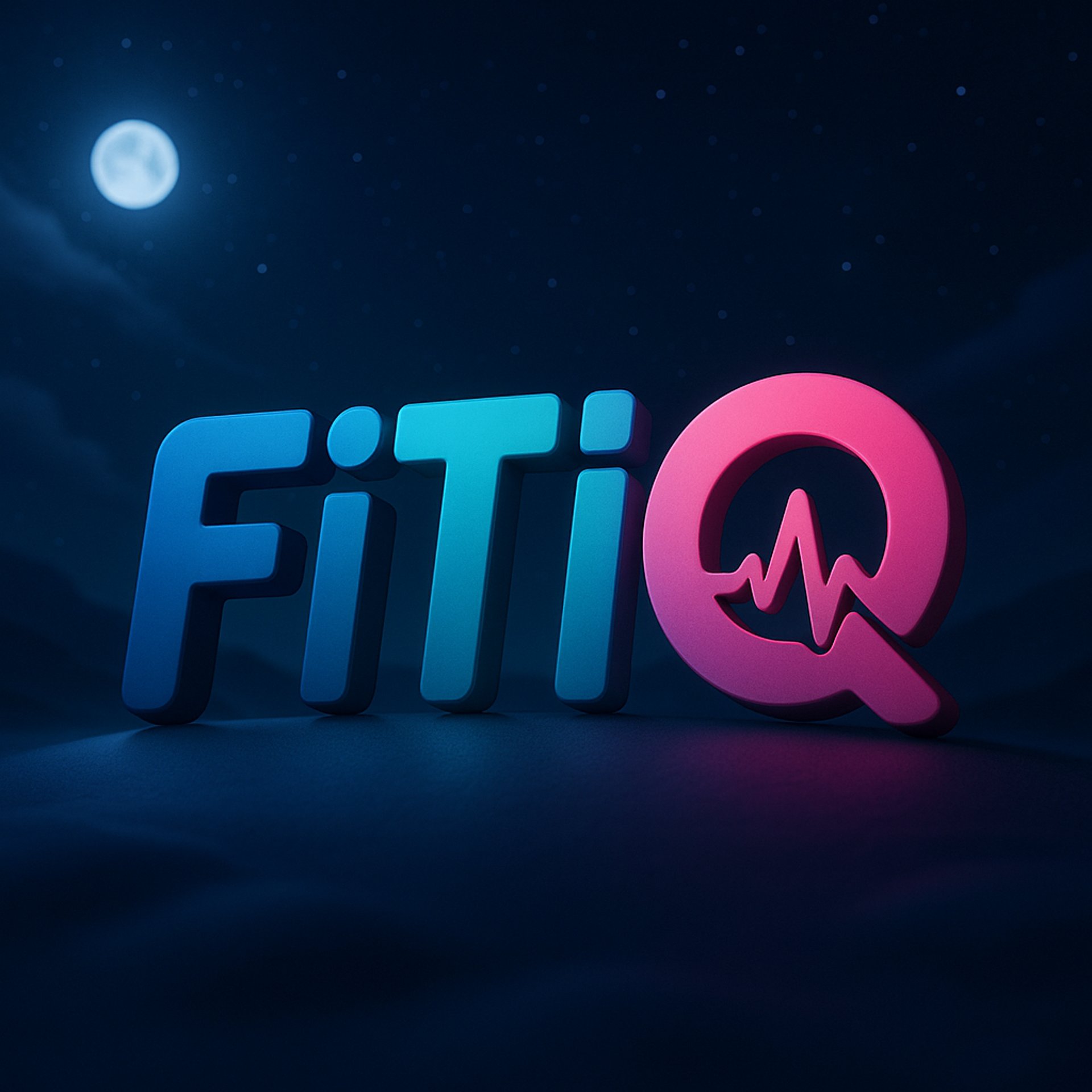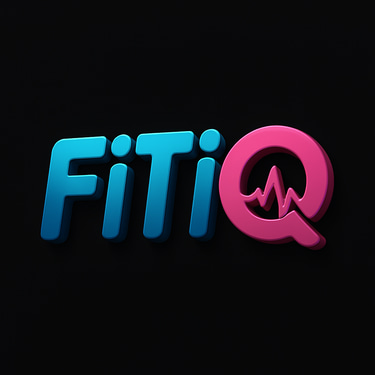"I Survived. I Lived. Then I Woke Up."
A Nobel-Winning Discovery
Smart Proteins = Smart Medicine These custom proteins act like GPS for your immune system. Instead of roaming around randomly, your body’s T cells get clear directions to find and fight cancer cells. It’s still early days, but the concept works — thanks to the three scientists who made it all possible.
WHAT'S NEW IN TECHHEALTH & WELLNESS
Christopher J
8/5/20253 min read


Proteins, Pixels & Prizes: The Great Protein Breakthrough
Imagine DNA as the instructions for life — kind of like computer code. Proteins are the tools it builds — little machines inside your body that help you breathe, grow hair, or even digest food. But for decades, scientists were stuck trying to figure out how these machines were built, like putting together a 10,000-piece puzzle… without the picture on the box.
A Nobel-Winning Discovery
In 2024, three scientists won the Nobel Prize in Chemistry for solving a huge problem: how to figure out a protein’s shape without years of trial and error. David Baker created a tool called Rosetta — think of it like a video game where you can build your own protein designs. Meanwhile, Demis Hassabis and John Jumper from DeepMind built AlphaFold2, a super-smart AI that can guess the shape of any protein almost instantly. Together, they changed how science is done — and made drug discovery way faster.
From Guesswork to Game-Changer
Before this tech, scientists had to slowly figure out protein shapes using special machines. Now, AlphaFold2 can predict those shapes in minutes. And Baker’s team took it further — designing brand-new proteins that don’t even exist in nature. Some can detect drugs like fentanyl; others block viruses like COVID-19. Pretty cool, right?
When AI Designs Medicine
In July 2025, a team of researchers gave a cancer protein to an AI tool called RFdiffusion. The AI imagined 20,000 possible proteins that could stick to it. Scientists picked 44 to test, and one worked really well — it helped immune cells find and destroy skin cancer. Total time? Just a few weeks. That’s faster than most people finish a Netflix series.
Smart Proteins = Smart Medicine
These custom proteins act like GPS for your immune system. Instead of roaming around randomly, your body’s T cells get clear directions to find and fight cancer cells. It’s still early days, but the concept works — thanks to the three scientists who made it all possible.
Why This Is a Big Deal
Speed Saves Lives: Making antibodies the old way can take months. AI lets doctors test ideas in just days — so they can move faster when diseases change.
Too Many Possibilities: Proteins can be built in so many ways — more than the number of atoms in the universe. AI helps us skip the boring guesses and focus on what’s most likely to work.
Open Access: AlphaFold2’s database is free. Now, even students with laptops can study proteins — not just big labs with expensive gear.
Of course, not every prediction is perfect. Just because a protein looks good on a computer doesn’t mean it’s safe or works in real life. Science still needs careful testing, just like it always has.
Big Money, Big Hopes
Investors are excited. One secretive startup raised hundreds of millions to build “protein factories.” Drug companies are racing to make deals. Some people think this will turn into another “gold rush” — like the one we saw when scientists first started decoding DNA.
Teamwork Makes the Science Work
Here’s something cool: none of these breakthroughs came from one subject alone. Baker uses ideas from video games. Hassabis worked on AI that played chess and Go. The cancer-zapping proteins combined medicine, computer science, and AI language models. In today’s science, collaboration across fields is key — it’s not just about chemistry anymore.
What’s Coming Next?
New Cancer Treatments (1–5 years): Clinical trials will test AI-designed therapies that target each person’s specific cancer.
Make Medicine Anywhere (3–8 years): Small machines could let rural clinics “print” protein-based drugs on demand.
Fixing the Planet (0–10 years): New proteins might eat plastic, trap carbon, or help make clean energy. This might become even more important than healthcare.
The Final Word
We’ve spent years trying to read biology. Now we’re learning how to write it — using proteins like sentences, and AI as the editor. The Nobel Prize didn’t close this chapter of science — it opened a whole new one.

Do you have a life changing story and want to help others with your experience and inspiration. Please DM me or Send me an email at the links below
Contact Me
© 2025. All rights reserved.
Privacy Policy
